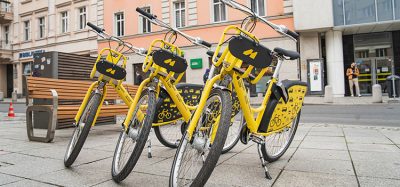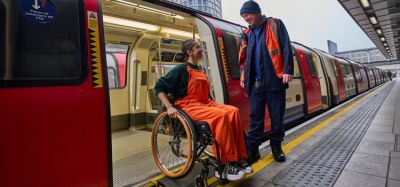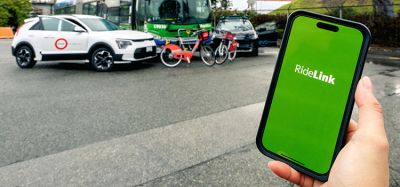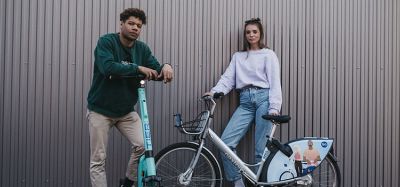E-scooters legalised in New York City, shared scooter pilot to launch
- Like
- Digg
- Del
- Tumblr
- VKontakte
- Buffer
- Love This
- Odnoklassniki
- Meneame
- Blogger
- Amazon
- Yahoo Mail
- Gmail
- AOL
- Newsvine
- HackerNews
- Evernote
- MySpace
- Mail.ru
- Viadeo
- Line
- Comments
- Yummly
- SMS
- Viber
- Telegram
- Subscribe
- Skype
- Facebook Messenger
- Kakao
- LiveJournal
- Yammer
- Edgar
- Fintel
- Mix
- Instapaper
- Copy Link
Posted: 29 June 2020 | Intelligent Transport | No comments yet
New York City Council’s decision to legalise the use of e-bikes and e-scooters within the city also requires the creation of a year-long shared e-scooter pilot programme.
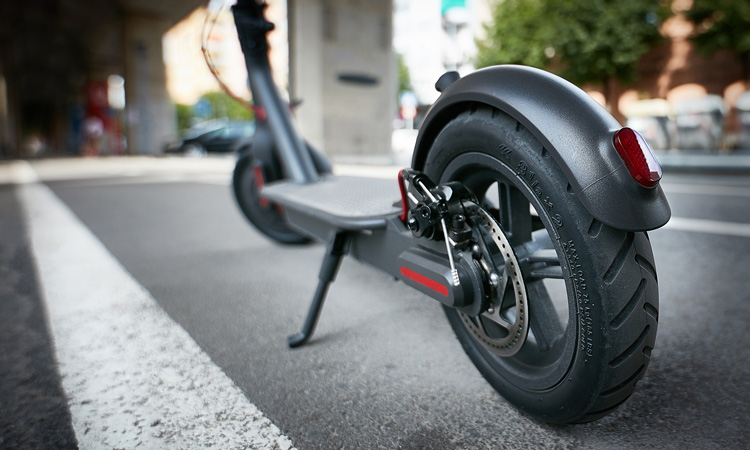

New York City councillors have voted on bills to legalise the use of electric bikes and scooters throughout the city. The legislation will remove restrictions on three classes of electric bicycles with top speeds under 25 miles per hour and electric scooters with top speeds under 20 miles per hour.
E-bikes and e-scooters were legalised statewide when the state budget was passed on 1 April, but the Council has now acted to remove the local law that prohibits them, and adds measures designed to ensure that delivery cyclists are not subject to unequal crackdowns and summonses of their bikes by the New York City Police Department.
As part of the legalisation, the New York Department of Transportation (DOT) is required to create a year-long pilot programme for the operation of shared electric scooters in New York City. Neighbourhoods underserved by public transit, lacking options for last-mile connections to transit stations, or underserved by existing dock-based bike-share programmes will be given priority in determining the geographic boundaries of the pilot programme.
DOT approval would be required in order to offer shared electric scooter rentals, and unauthorised shared electric scooters may be impounded. The bill would also require that the DOT report to the Council on the progress of the program and issue recommendations to the Council regarding the creation of a permanent shared electric scooter program.
The pilot also requires participating e-scooter companies to make sure their vehicles don’t obstruct sidewalks or ramps. This will benefit all New Yorkers walking the city’s narrow sidewalks – and especially people with disabilities or restricted mobility. Shared e-scooter operators will also be required to offer e-scooters that are accessible for use by people with disabilities.
This legislation specifically requires that the scooter companies work with DOT, other city agencies (MOPD) and members of the disability community to provide accessible scooter options. The accessible scooter models have three wheels, and some have seats.
Council Member Fernando Cabrera, who sponsored the bill to introduce the pilot, said: “Today we’re passing legislation that makes great strides toward achieving transit equity, social justice, accessibility and environmental protection. By legalising e-scooters and e-bikes, while mandating adherence to state and local safety laws, we are meeting the needs of people in transit deserts, people not served by bike-share programs, people who need e-bikes and scooters for work and reducing the number of cars on our streets. The e-scooter pilot will allow us to develop the best practices for scooter-share programs in underserved communities with options for people with disabilities. Over the past year and a half, we’ve heard the concerns of diverse constituencies, including the delivery workers who have kept people fed during the coronavirus pandemic. All these voices helped us craft effective legislation that addresses unmet transit needs and makes New York a better place to live and work.”
Related topics
Mobility Services, Multimodality, Transport Governance & Policy
Related modes
Bikes & Scooters
Related cities
New York
Related organisations
New York City Council, New York City Department of Transportation (NYC DOT)
Related people
Fernando Cabrera




